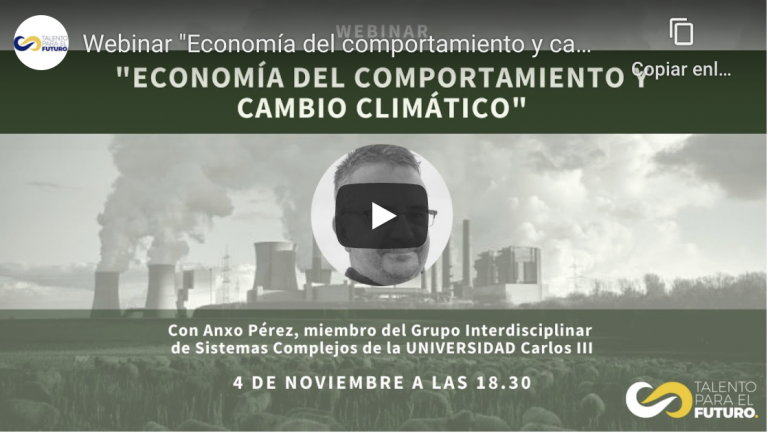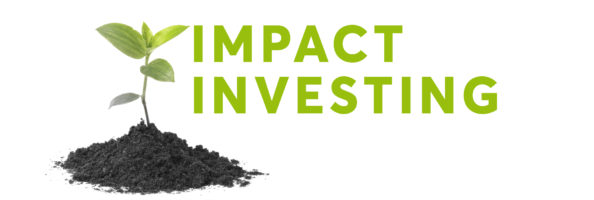I am very happy to tell you about a new paper of mine coming out in Nature Communications: "Evidence from a long-term experiment that collective risks change social norms and promote cooperation" (open access link) with Aron Szekely, Francesca Lipari, Alberto Antonioni, Mario Paolucci, Luca Tummolini and Giulia Andrighetto.
In the paper, we present results of a long-term, online experiment with ~300 participants specifically designed to unveil the interplay of social norms and facing collective risks (such as, e.g., climate change). First, we show that there is a strong association between contribution and social expectations (empirical and normative expectations), personal beliefs (personal normative beliefs), and dispositions based on unconditional contributions and expectations. Participants increase their contribution in response to higher empirical and normative expectations even reacting to a belief that has no material implication for them. Strikingly, subjects respond more to normative expectations than they do to empirical expectations!
To understand why cooperation changes according to expectations, we use k-means clustering to classify subjects in empirical cooperators, normative cooperators, social norm followers, threshold-driven subjects and unconditional ones. We find stronger social norms in high-risk settings. Risk changes norms and coordinates and motivates social expectations and contributions leading to higher cooperation under high risk, whereas stronger norms provide greater resistance to behavioral change than loose ones.
In summary, we find greater cooperation and stronger social norms in high-risk environments and slower behavior change when risk changes and social norms are stronger. Also, social norms predict cooperation, causally affect behavior, and lead to punishment of norm-breakers. As a general remark, we show that a precise, measurable definition of social norm allows quantitative analyses lead to insights about the feedbacks between norms and behavior, leading to specific predictions of optimal behavioral change interventions relevant to global societal challenges.



